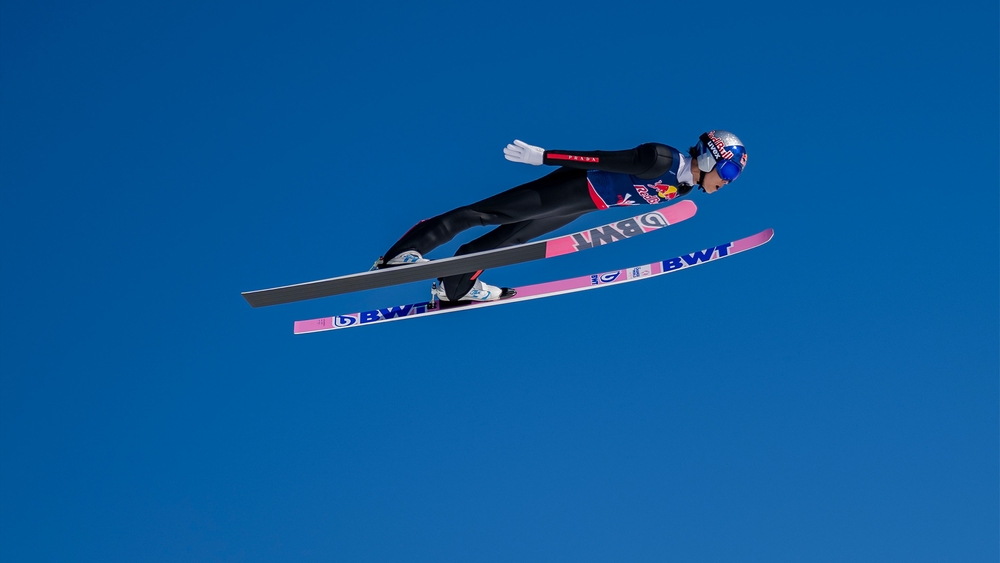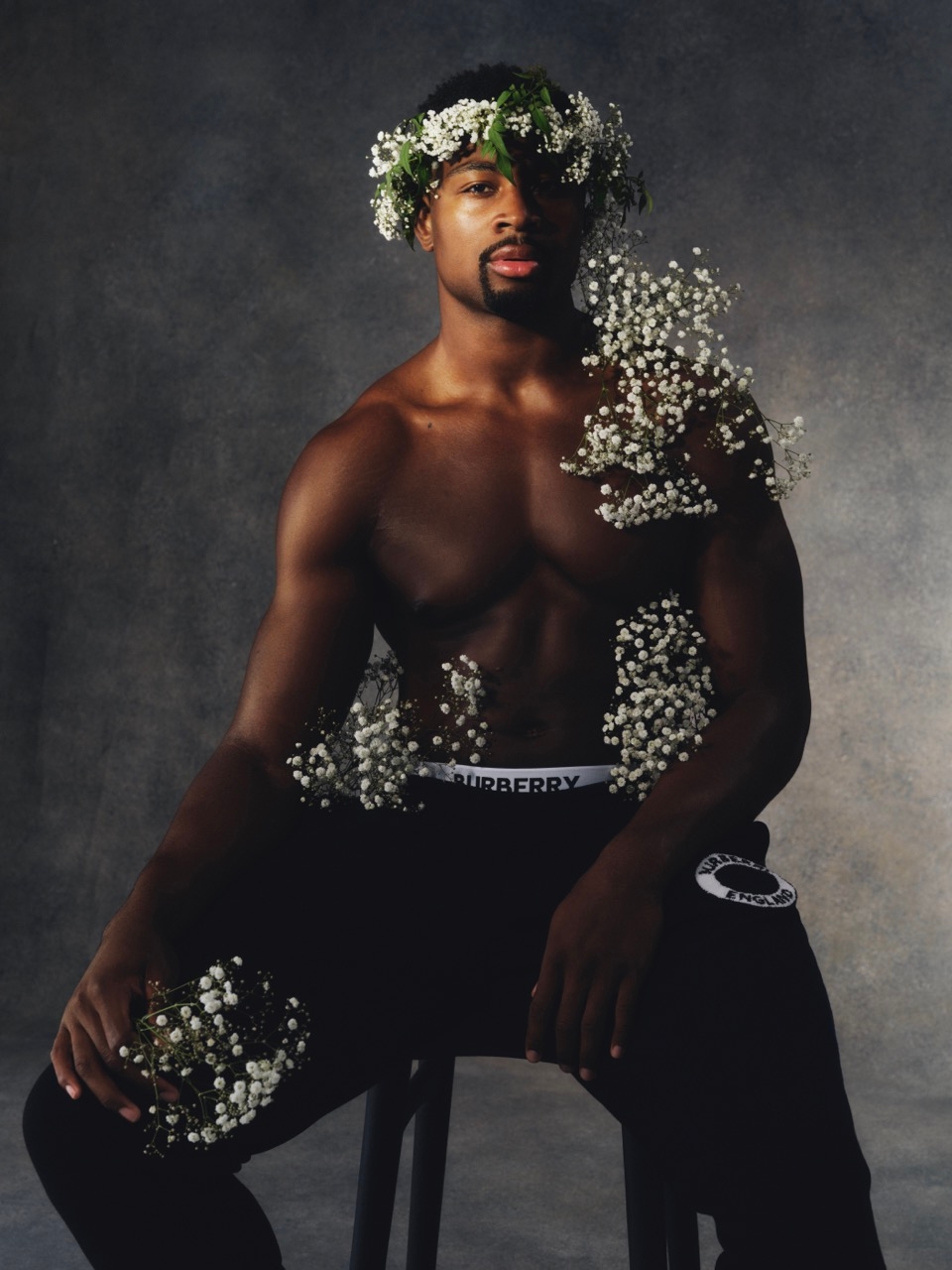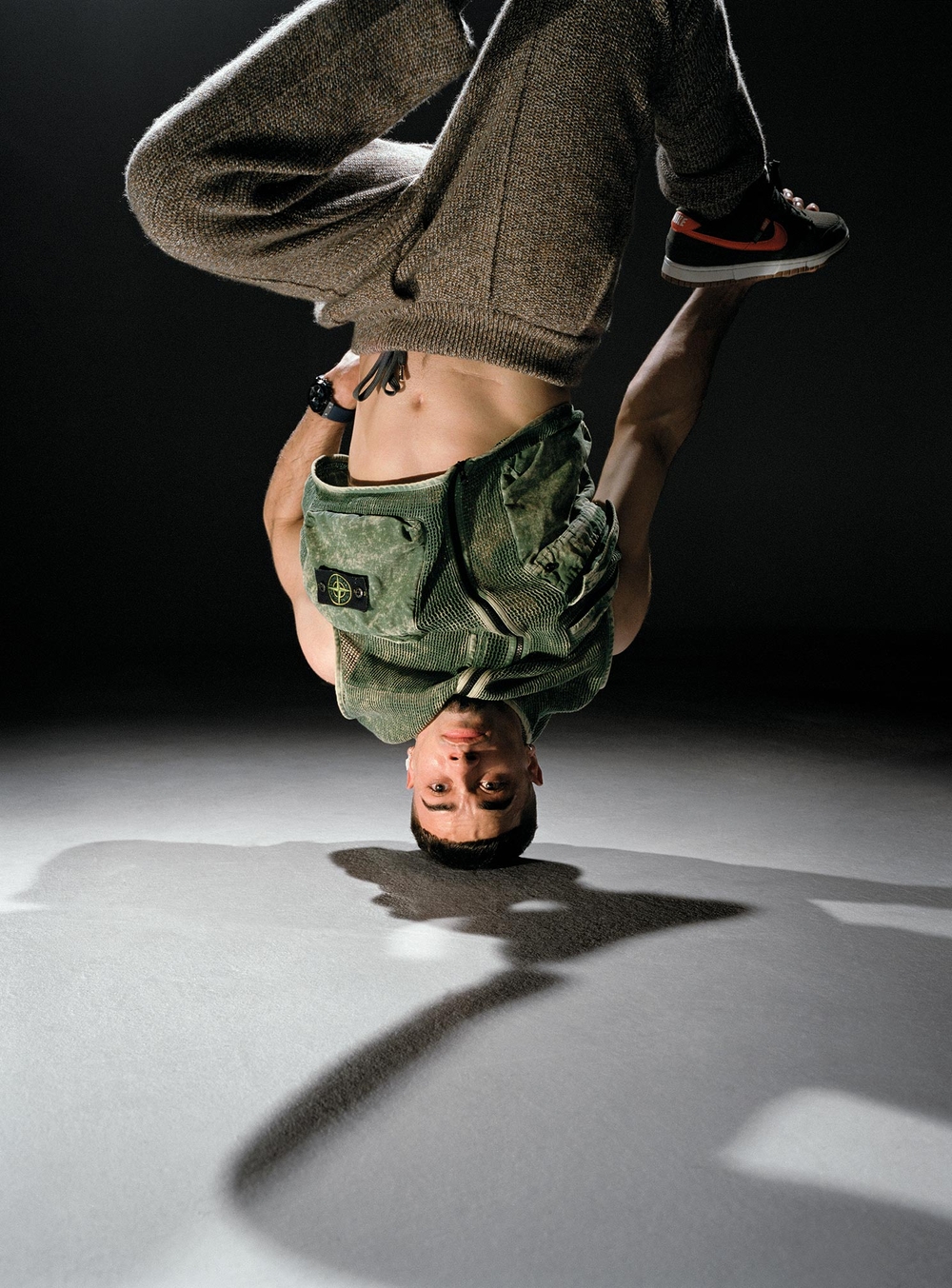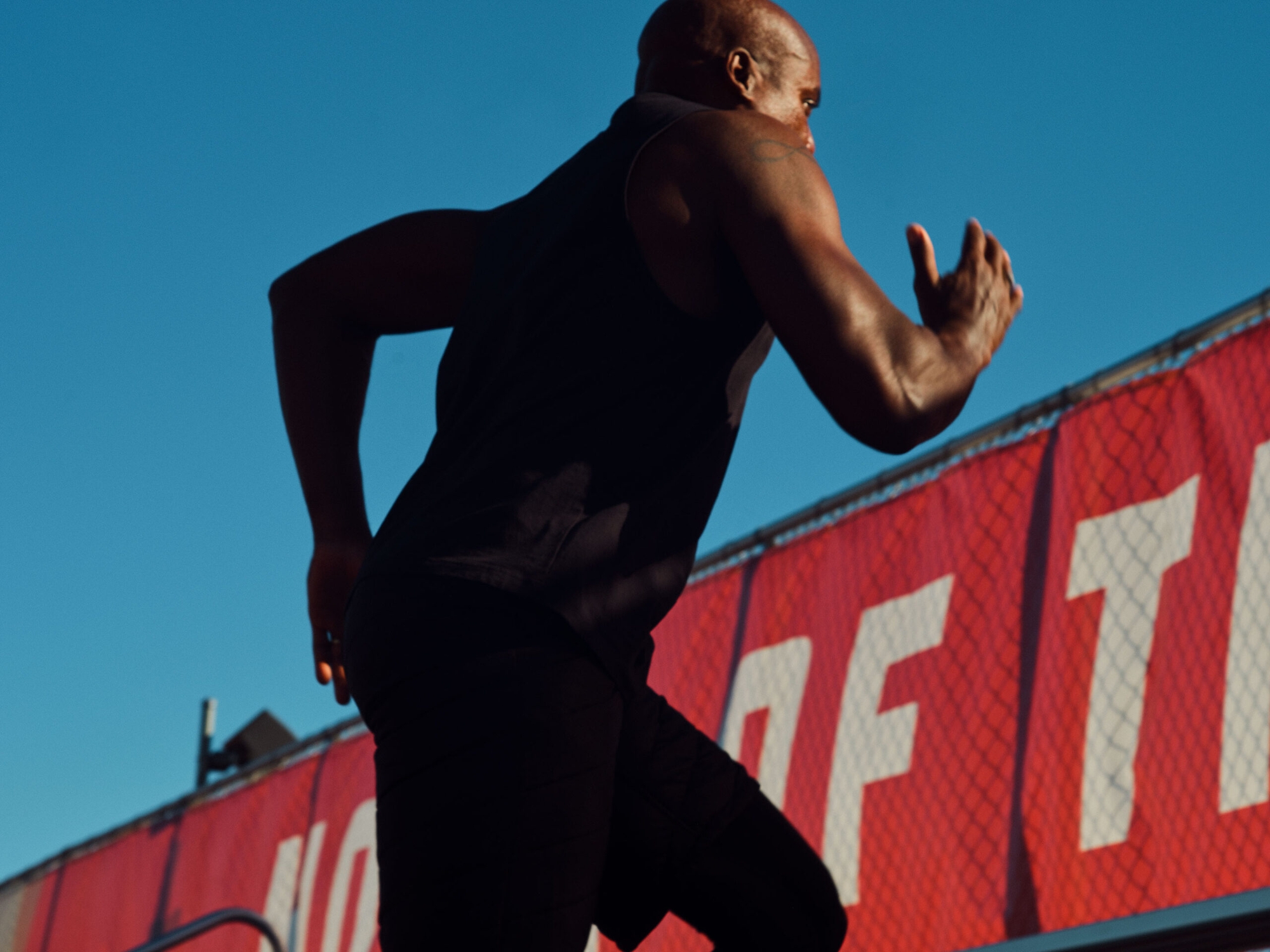
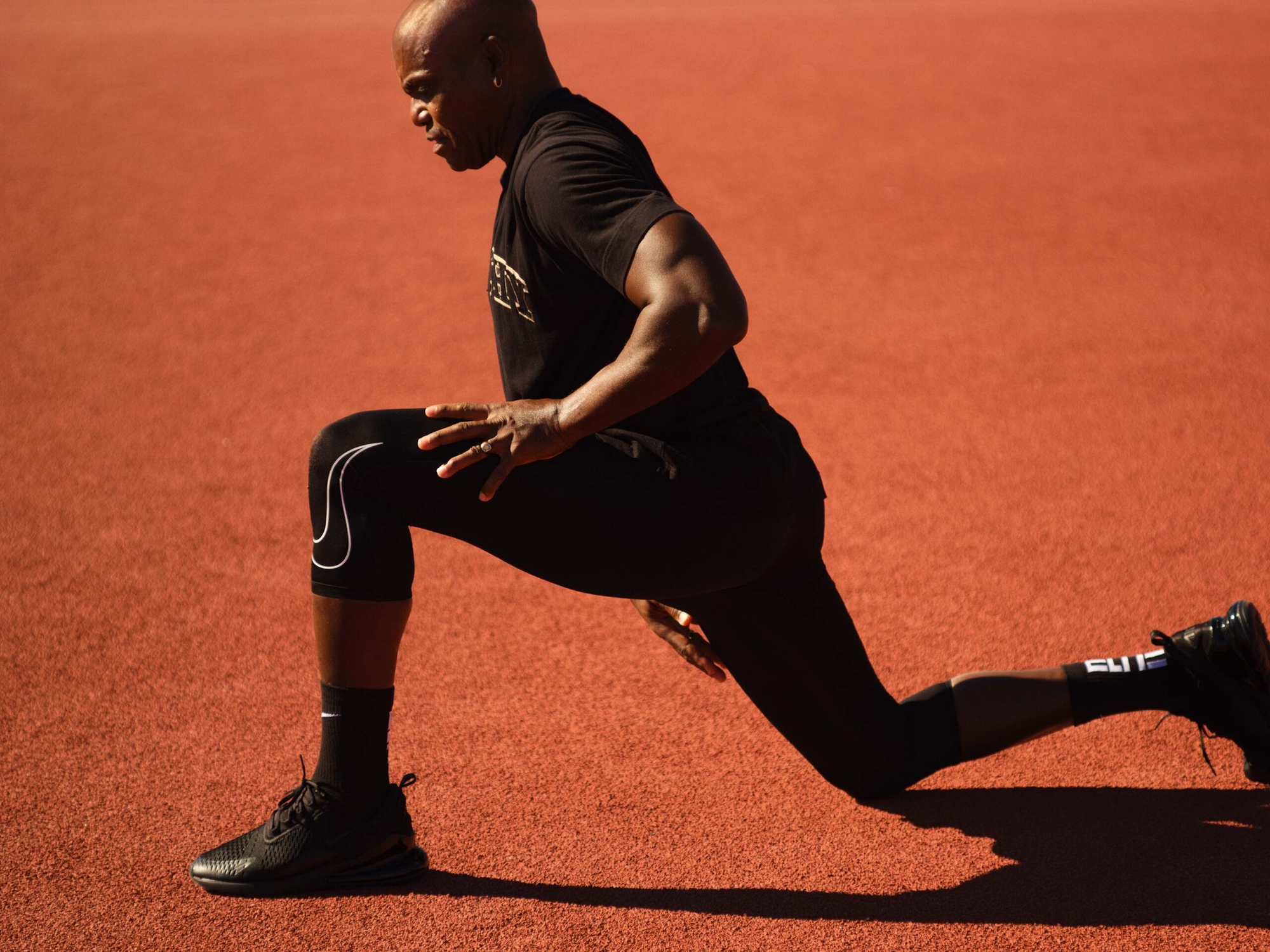
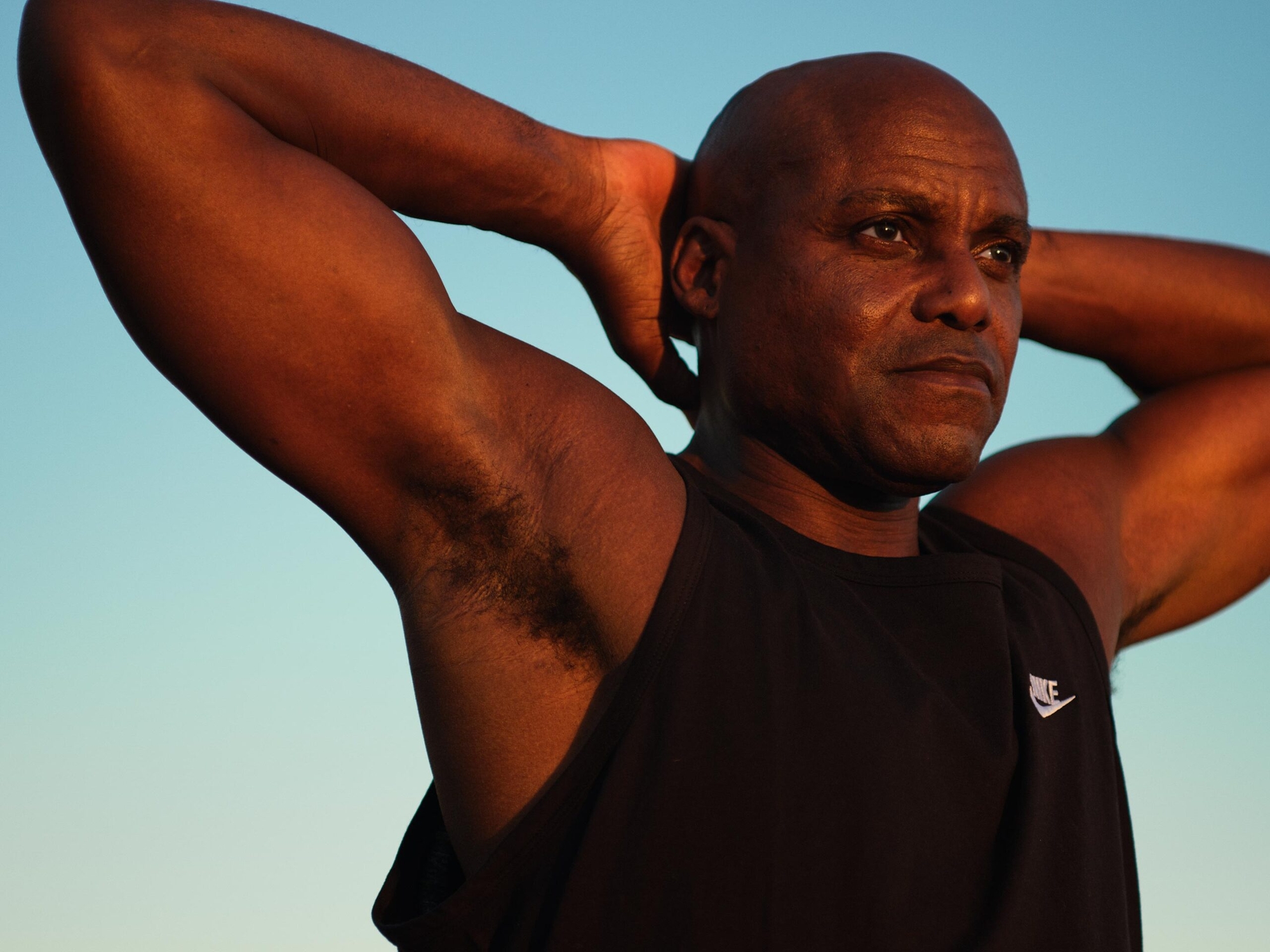
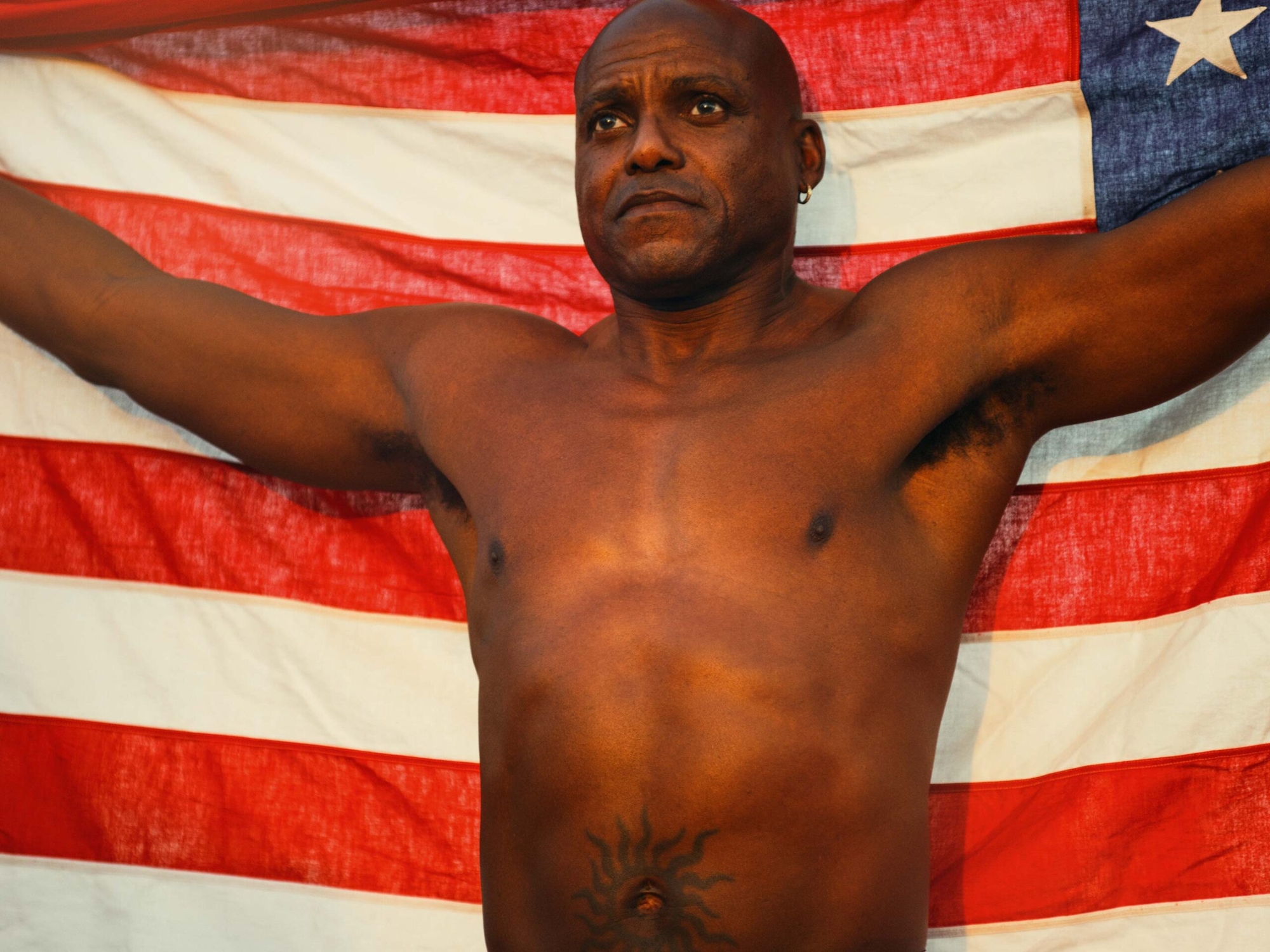
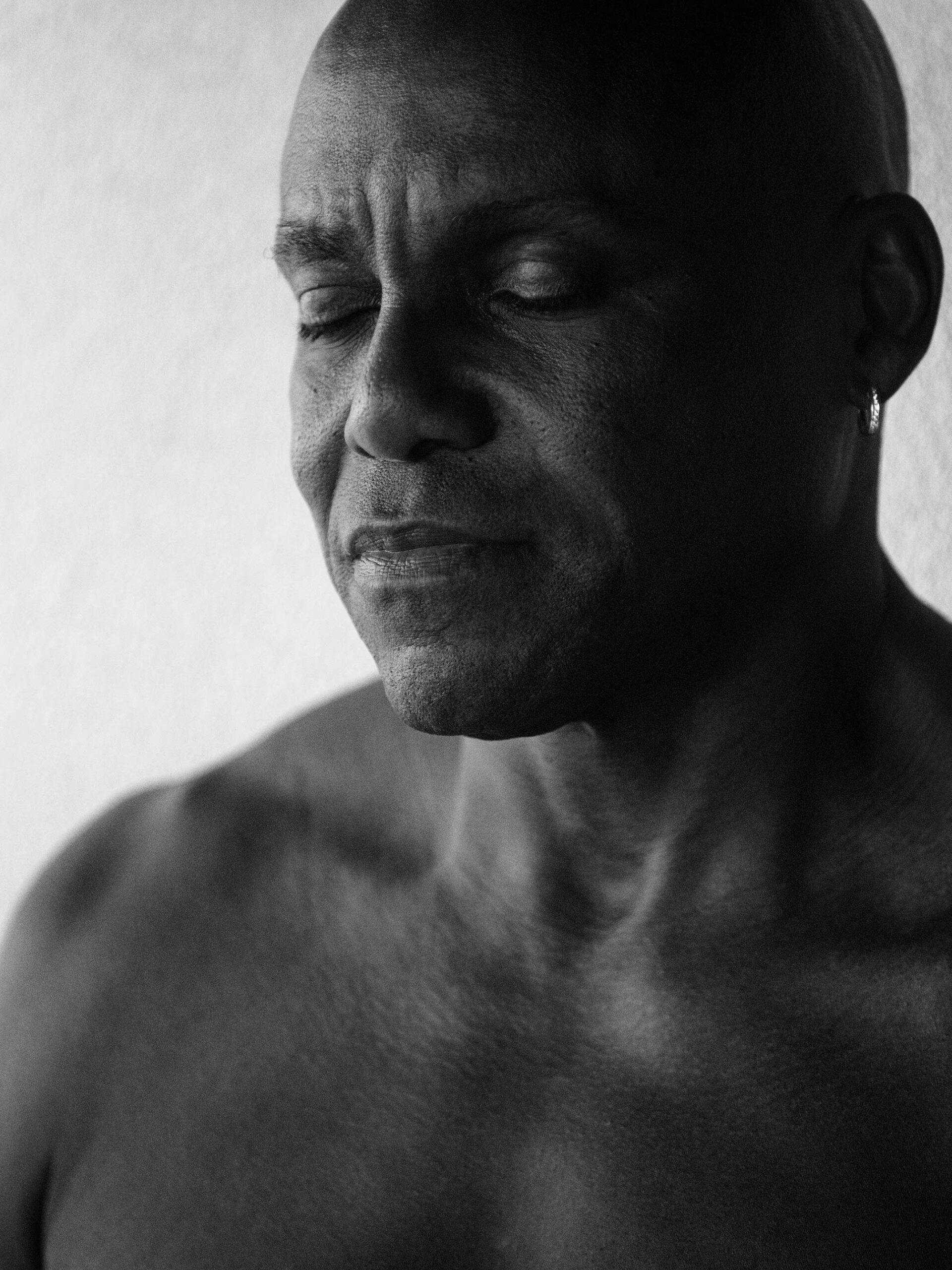
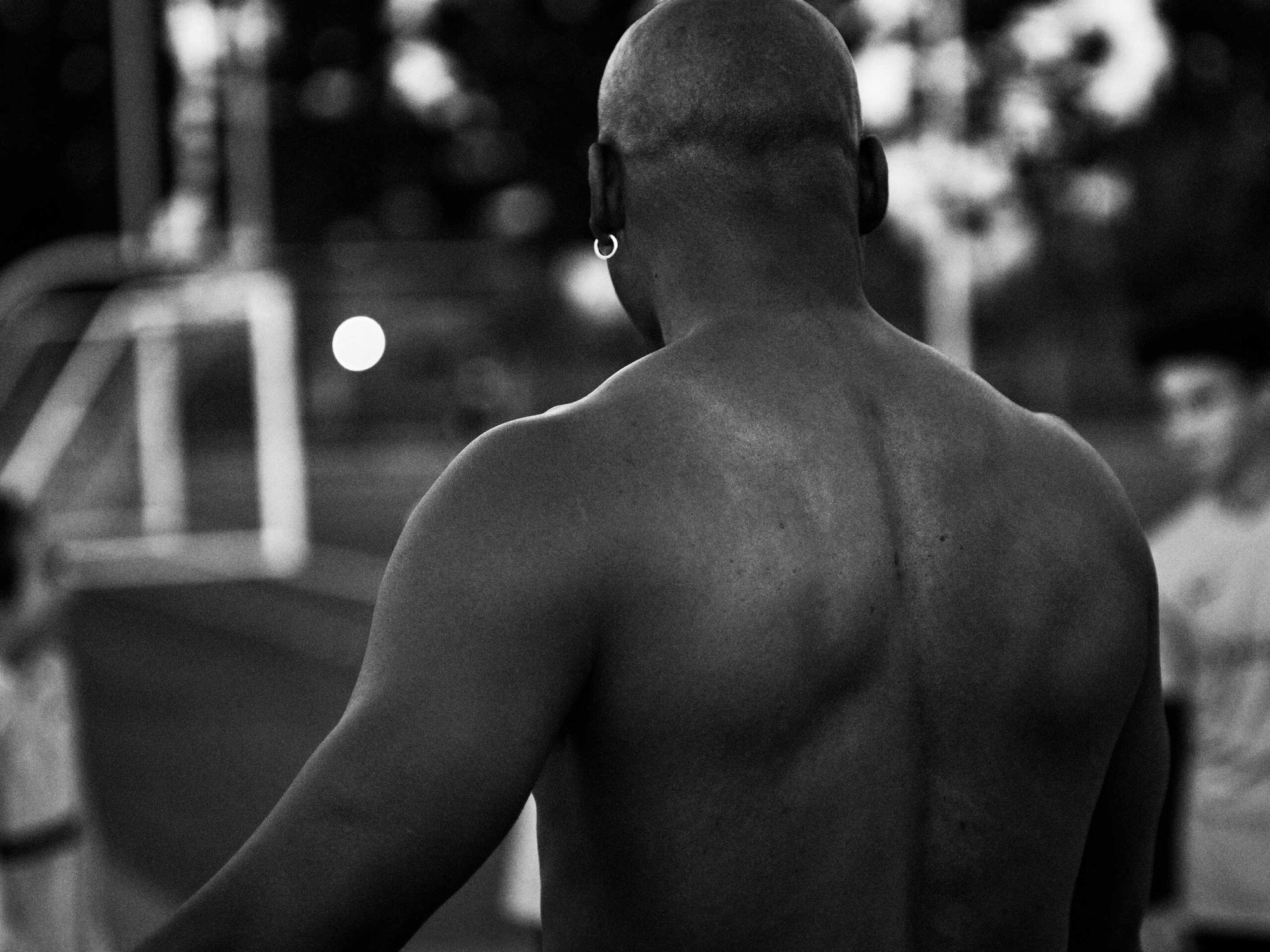
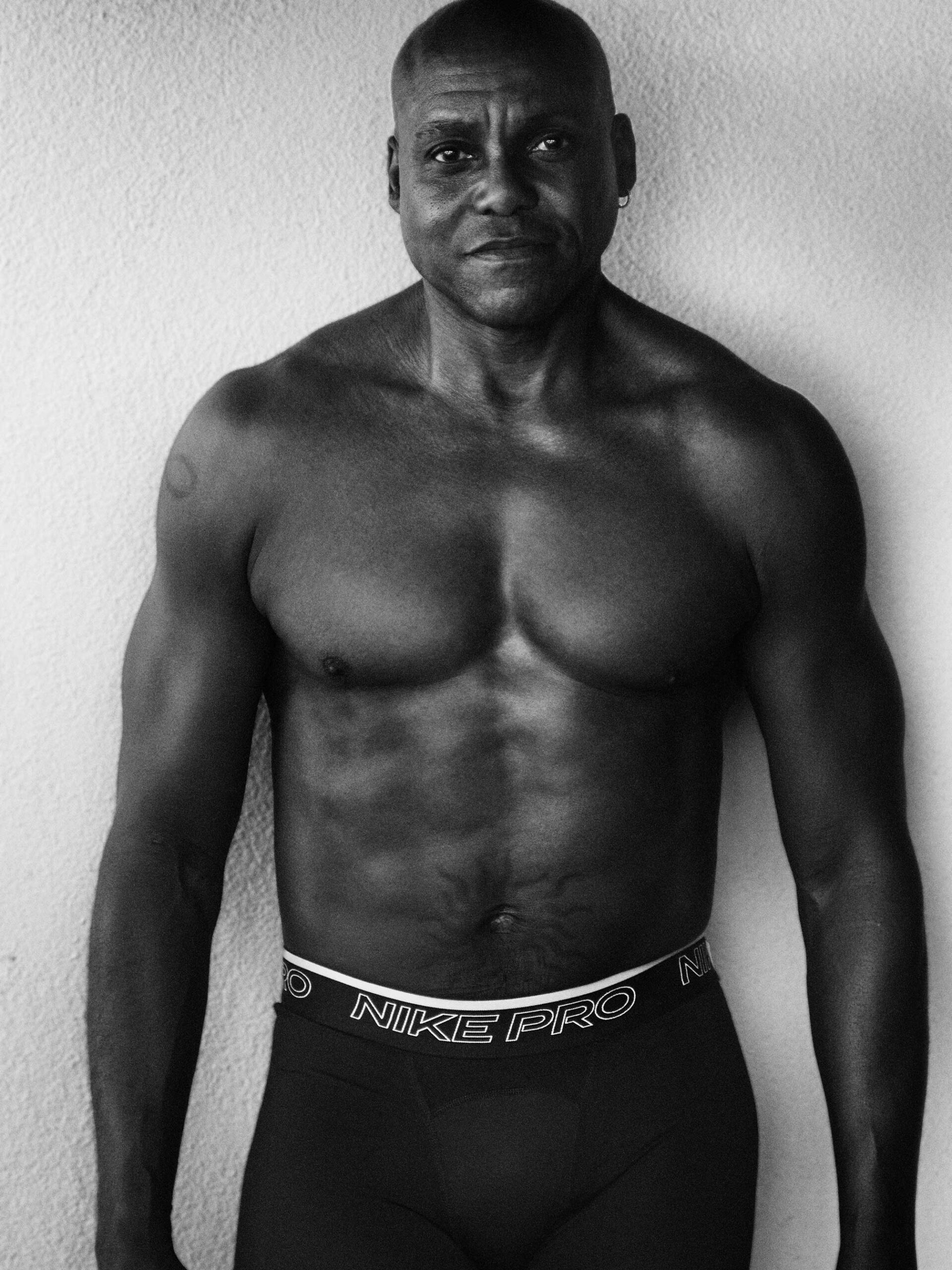
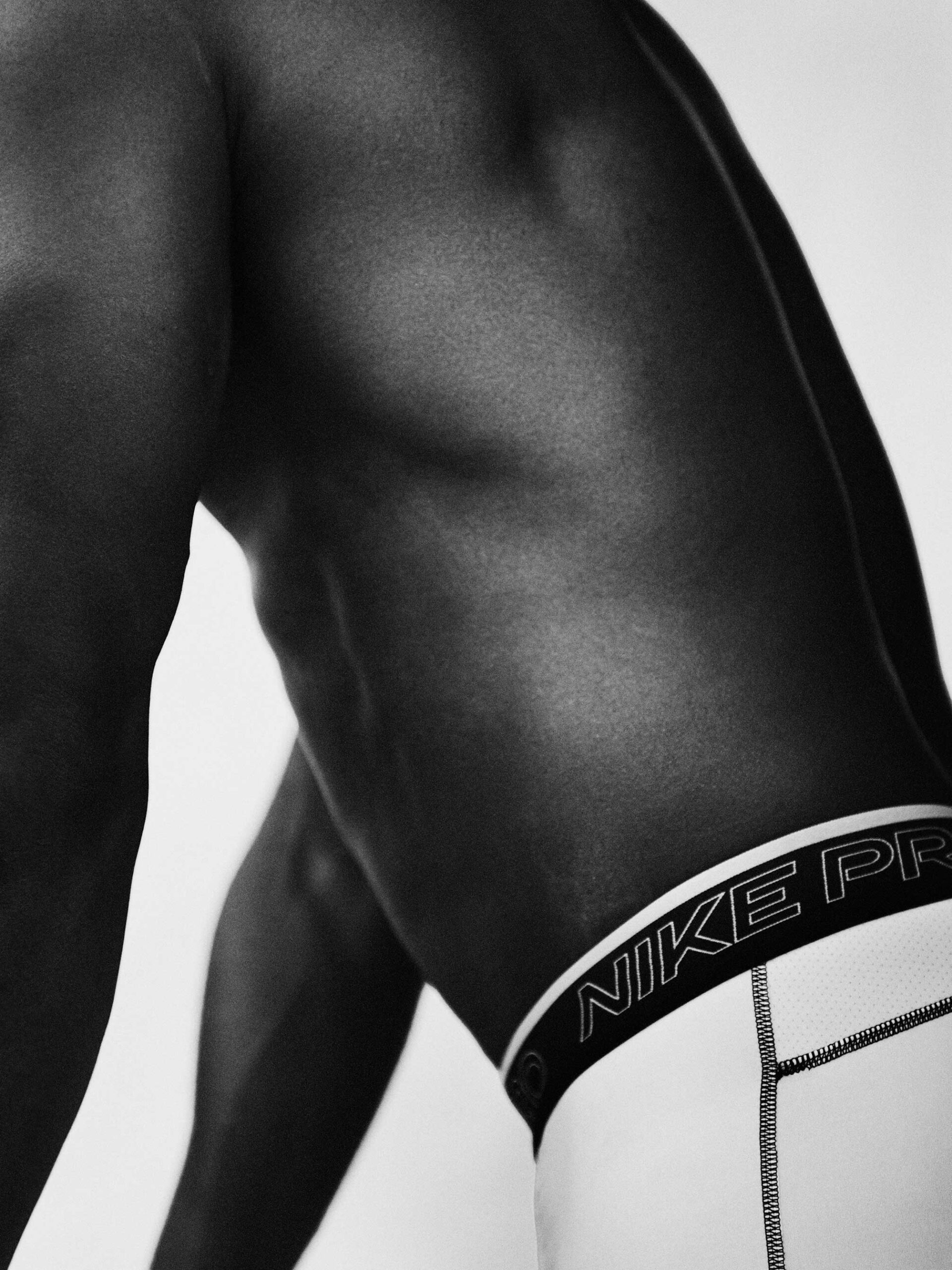
The King
Carl Lewis. Most of us recognise him as a household name in sport, but more specifically as an undeniable force as a Track & Field Olympian. For some, a name that likely brings back nail-biting, jumping-off-the-sofa, hands-covering-face memories while watching history being made on their home television.
If you need some reminding, Carl is one of the most decorated athletes of all time. He earned 10 Olympic medals, 9 of which were gold, and one silver as well as 10 world champions medals. He matched Jesse Owens’ 1936 4 medal feat at the 1984 Olympics in LA and holds the World Record for the indoor long jump. If that wasn’t enough to spark a random urge to go for a run, he was voted “Sportsman of the Century” at the International Athletic Federation and “Olympian of the Century” by Sports Illustrated. His career spanned from 1979 to 1996, which included four Olympic games. He remains one of the top Olympic track and field athletes in America, along with Bob Beamon and Allyson Felix.
The Upbringing
Carl was destined for the sport, not only as a champion, but as a champion for change. “Do what you think is right” was a piece of advice that Carl’s father imparted, and it seemingly became his mantra, as it permeated throughout his career and personal endeavours.
IB
Carl wasn’t born into just any family, but a family of accomplished athletes. His mother Evelyn Lawler was a world-class hurdler and a pioneer for young women’s development in sport. Carl is clear about the fact that his mother captained his exposure and inauguration into the sport. In the early 60s she acted on a timeless question: “Why can’t girls do what boys do?”
CL
Without my mother’s drive to help girls get an opportunity to compete in sports, I don’t know how I would have gotten in. I started at eight years old. Without her, I probably would have been a soccer player, because that’s what my brother did.
IB
It seems the path was pretty much paved for Lewis in terms of opportunity and sport-specific support. But that doesn’t guarantee sustained success. So what fuelled him and what built up his mental strength?
CL
I was a very late bloomer, I was small and I wasn’t that good but I learnt technique and stayed focussed, which kept me close. I came to understand what was within my control. You can’t control winning, but you can control your best, and that’s what I did. When I became tall and lanky, all of a sudden, the performance shift was dramatic. I grew almost 6 inches between 15 to 17.
Carl’s growth spurt was pretty significant
CL
I’ve always had issues my whole life since then, but during that period it was really bad. In a way it’s a good thing, because it helped me get more in tune with my body. Nowadays, kids are like: “I’m a little sore, I have to go to the trainer”. And I’m like… “are you actually hurt or just sore? Just sore? Okay, then warm up”.
The Coach
Finding the right coach is invaluable. Who coached you?
CL
Well, here’s the sexist part to this – people always refer to my father as my coach, but they both did it. People shouldn’t just take the man’s side, my mother started the club. Later, when I went to Houston, they stopped completely and took on the role of advisors in my life. They actually never bought a car that had more than two seats again.
IB
It was at the University of Houston that Carl met Tellez, who would become his long-term coach, a turning point for the athlete. Being a coach himself now, what are some important questions people should ask when looking for the right coach?
CL
You’ve got to know exactly what you want before asking anyone to help. When I went to school, I wanted to jump further than Bob Beamon, so I had to ask: can you help me jump 8’ 90? Tellez was the only one who explained how we were going to do it. He coached me ever since then…
When it comes to young people, I find they are too abstract. You have to have that 5 year grind. It’s 1/200th of a percent that it falls into someone’s lap. Some people have said to me: “you just ran fast”! Man, you have no idea how many days I trained in Houston at 1pm in
99 degree heat, and I was hurting like crazy. My advice is: be specific, have a grind, and set your super long-term goal.
The Competition
IB
If you are familiar with the 1988 Olympic “dirtiest” race in Seoul, there might be someone who comes to mind when thinking about a stiff competition, but there’s more below the surface for Carl.
CL
Everyone throughout my career was a great competitor in different ways. You could say Mike Powell, but he beat me in only one meet – he’s a world record holder, and he did it at the right time. Leroy Burrell, because we traded the record for years. The one that affected me the most was Ben [Johnson]. He won some major races and got to change the way people did things, but he was on drugs, so it was all disqualified of course.
IB
In ’88 Carl came second at 9.92 to Ben Johnson’s 9.79 in the 100m. When it was discovered that Johnson had been on sports-enhancing drugs for a few years, the world record at the time and the gold medal were awarded to Carl.
CL
Beyond people, my toughest competitor was my quest for perfection – which was good and bad. It started with wanting to be the world record holder, then rich and famous. In order to be famous, the gold medals became the focus. By the time I got to 83/84 the achievements that I thought were unbelievable, and people felt couldn’t happen, just became normal. It became the standard. The physical competition wasn’t at the forefront of my mind anymore. My career thought process became: you don’t want to be the person that says “I wish I had”. I was more afraid of being that person, then being the person that didn’t achieve.
IB
When asked if there was any contact with Johnson now…
CL
No. There really is no reason. We’re working on a project, doing my documentary. I feel like we’ve been shooting it my whole life. I have no issues. At this stage I’m 60 years old. I have a granddaughter, we both do, so we’re good.
Career Highlights
IB
We could speak about Lewis’s accolades for days, but what was his personal career highlight, or ‘the’ moment?
CL
There are two moments. Athletically, Tokyo. The LA 1984 win 4 was a blur – I competed 7 out of 8 consecutive days. I seriously don’t remember anything, other than getting a haircut on my day off.
A “moment” though, was when I finished the jump in Atlanta in 1996 because I knew I would never do this again. The whole stadium stopped to watch it, which is rare in long jump. When it happened, the stadium just erupted, they had to delay the 10,000 and I wouldn’t get off the track. At that time I was 35. I finished the live show to go back for some sand.
IB
What did you do with the sand?
CL
Oh, I worked that sand. I’ve shared it, given it to charity etc. But, I mean, now it’s so shady. I could just take a picture of it, make a NFT and make a million dollars.
Mental Health & Discrimination in the Game
IB
More recently, and with the help of social media, there has been a significant increase in awareness around mental health generally. When considering athletes who are exposed to extreme amounts of pressure, what does mental health look like at that level? Has there been a shift?
CL
No, it hasn’t shifted that much – we had athletes that had sports psychologists in the early 80s dealing with all kinds of issues. I think the way in which we treat it as a society has changed, it’s been broadened. I don’t think we are preparing our young people to deal with life issues. I deal with college kids, and they are simply not equipped for certain situations, they don’t seem to think stress is meant to be a part of life. It’s almost become a tagline.
I love Naomi Osaka. She was in Tokyo and she went out in the first round. People ran to say: “It’s the stress of mental health”, but that’s unfair to everyone including her. I love Japan, I love the Japanese people but it’s known that their media in particular go ga-ga. They follow you all the time, and drive you absolutely crazy. This was probably the case for her and she lit the torch.
But we’re not talking about the real problem. Other athletes I know run to mental health, but… you have a reality show, a fiancé, a tour, you’re doing commercials etc. Realistically, you have to pull back on some of that. Suddenly, they get to the Olympics and the performance isn’t there? It’s not just mental health, it’s the circumstance. I think when people don’t think the word existed before 2000, they are doing a disservice to a lot of people that do have issues. We’ve always considered mental health, and always been respectful of it. One thing does remain: there is stress in life. So, instead of preparing people, we’re clumping people into mental health issues. That’s my opinion.
IB
As an Athlete of colour, did he experience discrimination back then? And if so, does he think things are changing? Athletes andsports people are very vocal. Has that had a positive effect on sport?
CL
I haven’t seen a shift, but the message is out there. I didn’t really recognise a lot of discrimination growing up. Being from Alabama, I was raised understanding the civil rights movement, to a level of what my age could handle. Our parents knew Dr. King and the families, my mother knew Rosa Parks. When I became famous however, I started to hear the dog whistles and understand the differences. Unfortunately, children are taught to be racist, they’re not born that way. I think what’s clear now is that it’s out of fear and respect. It’s certainly a small portion of people who are racist. There is of course this specific group in society that had it so easy for so long and now, all of a sudden women have an opportunity, immigrants have an opportunity to have the same chances, and some are simply stuck on saying “they shouldn’t”.
It’s so embedded in society, and it took me a while to understand how a lot of people work when they say “I had nothing to do with slavery”. Because of slavery, because of Jim Crow and redlining, certain groups were put inside “the room”, but the door is closed, and they locked the door. Sometimes the door opens for a few moments and you get a glimpse of what is happening outside the room, but you’re still in the room. Every once in a while someone gets it right, and they exit. Because of what happened 200 years ago, you now reap the benefits – it’s easier to get a house, a job etc. Understanding that, I now know how to talk to someone that feels like that. It will all end when there is acceptance of privilege, and it’s given up. Try this: I’m not going to accept a higher salary than a woman who’s just as smart as me and even better than me. That’s when we have equality.
IB
Does he think athletes are in a good position to share messages and be vocal about injustices?
CL
These athletes are making $50 million a year now, enough money to start production companies and businesses, make an impact. We know so much more about finances, and everything’s public. With social media, which I love, it gives us more of a chance for our own messaging. We’re actually getting the most money in the best ways to send messages, because everyone loves sports, and everyone loves entertainment.
After the Athlete
IB
Carl is now 60 years old and he is in incredible shape. He lives a very healthy and active lifestyle, what’s his training like?
CL
Athletes train, the rest of us work out. I work on my flexibility through yoga, lift 3 days a week with age-appropriate weight bearing exercises, I’ll do aerial silks even and I love to ride my bike – my brother and I have a 45-mile bike ride this weekend. I don’t like to run.
IB
On that note, what does he love about track and field and his career within it?
CL
I have a love-hate relationship with track. I love it because it helped build many opportunities in our life – my mother had a chance to travel in the 50s because of track. In my career, it allowed me to meet people, find financial success etc. It was wonderful. On the flip side, I found it extremely frustrating trying to actively move the sport forward.
Fast forward to now, I am coaching at the collegiate level and seeing the prospects of the athletes that are going through the process now. The system is pretty similar to where it was when I first started in 1980, but the difference is: we had hope. Now, at the twilight of my career, it’s still stuck where it’s been for years. That’s my hate part. I’ve always said amateurism is glorified slavery, because you’re making people work for you for nothing, and your pleasure. In some sports: football in Europe, American football, baseball, basketball all these professional leagues, they understand: okay, let’s share it. Look at the prosperity that you create for so many people! Whereas in many cases within Olympic sports it is still the exact same, and it’s going backwards because of that. It’s frustrating.
Following in his mother’s footsteps, Carl has been working within the wellness and fitness space supporting young people. Personally, he’s been a foster parent, he’s coaching and is actively involved in The Carl Lewis Foundation, which was started as an extension of how he was raised. The CLF has awarded scholarships and actively works on mentorship programmes and organisations to challenge our young people to be the best people they can be.
IB
Biggest piece of advice?
CL
Be honest.










